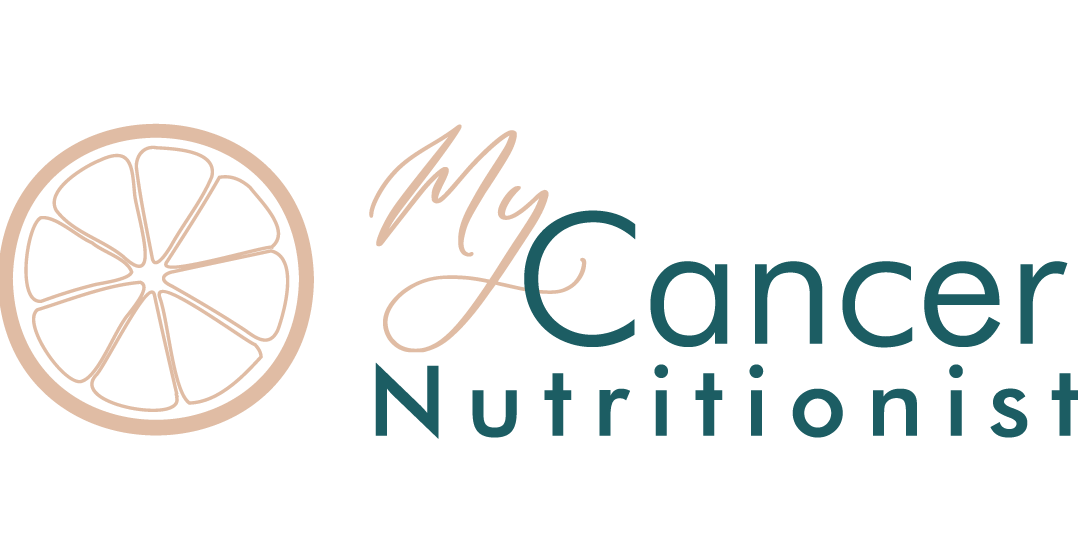
Cancer Nutrition & Lifestyle Blog
Essential information for living an anti-cancer lifestyle after diagnosis and beyond
Should I See a Cancer Nutritionist During Treatment?
When you’re navigating a cancer diagnosis, it’s easy to feel like you have to wait for the ‘right time’ to address your nutrition — after surgery, after chemo, after the next scan. But as a cancer nutritionist working across the UK, I’ve seen firsthand how much can change when people stop waiting and start supporting their bodies now. This blog explores why it’s never too early — or too late — to take action.
Is Drinking Aloe Vera Juice Beneficial for Cancer Patients?
Discover the potential benefits of drinking aloe vera juice for digestion, immunity, and detoxification. This natural remedy may offer gentle support for cancer patients, helping to soothe digestive discomfort, reduce inflammation, and promote overall well-being. Learn how aloe vera could complement your health journey.
Toxic Load, Insulin Sensitivity and Cancer
For those managing a cancer diagnosis, reducing toxic load is crucial. Studies show that toxins like BPA, phthalates, and heavy metals can disrupt insulin sensitivity, potentially affecting cancer pathways. This article explores how toxins impact insulin signalling, common sources of exposure, and actionable steps to minimise toxic burden – supporting a more resilient metabolic environment during cancer care.
8 Nutrition & Lifestyle Apps for Cancer Patients
From fitness trackers to nutrition loggers and meditation guides, health apps can be powerful tools for managing your cancer journey. Discover my top eight apps that support everything from sleep and stress reduction to blood sugar management and fitness tracking. Whether you’re new to using apps or a seasoned pro, these tools can enhance your approach to holistic health.
Metabolic Health - Its Role In Cancer
Discover why metabolic health is so important in its relation to cancer. Learn how blood testing is essential for assessing and improving metabolic health. By identifying key imbalances such as insulin resistance, inflammation, and blood sugar dysregulation, personalised blood work can help reduce cancer risk and support a healthier, more resilient body.






